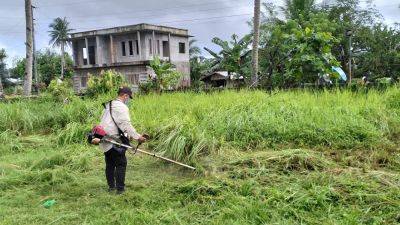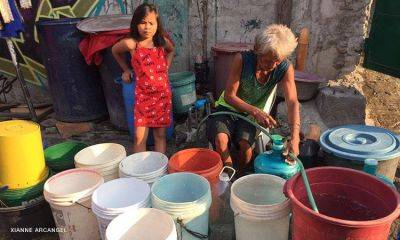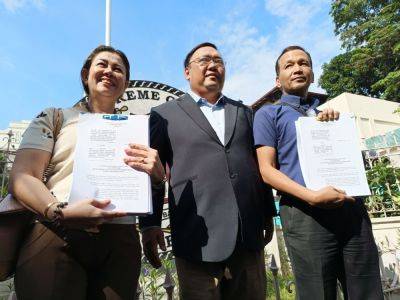Bad water
In the book 2 Kings Chapter 2:19-21 there is the story of bad water.
19 The people of the city said to Elisha, “Look, our lord, this town is well situated, as you can see, but the water is bad and the land is unproductive.”
20 “Bring me a new bowl,” he said, “and put salt in it.” So they brought it to him.
21 Then he went out to the spring and threw the salt into it, saying, “This is what the LORD says: ‘I have healed this water. Never again will it cause death or make the land unproductive.’”
Last Friday, on the program AGENDA, I spoke with former DOH secretary and current Representative of Iloilo Janet Garin about the state of malnutrition in the Philippines as well as the partnership of the UNICEF and the DOH to combat malnutrition.
In the course of that conversation, we tackled key issues that have been raised by various sectors involved in the fight against malnutrition, namely poverty, unaffordable food, Filipinos shifting away from planting their own vegetables and fruit trees, poor or ineffective public information programs and the need to re-evaluate the performance and spending priorities of government agencies tasked to address the issue of nutrition or malnutrition.
Add to that the alarming numbers of teenage pregnancies, ignorance or failure of pregnant women to look after their nutritional requirements which, in turn, directly determines if the baby or infant will end up being malnourished and stunted after birth. For my part, I mentioned how dentists have also pointed out that all the good food won’t help if young children can’t eat solid foods because of dental decay or gum infection.
After we finished with the usual problems, Congresswoman Garin said something that really caught my attention. As we all know, access to clean potable water in the Philippines remains a serious problem. For people in Metro Manila who have jobs, daily income and capacity to pay, we take access to clean water for granted. We turn on the tap and we have chlorinated, treated water. We even buy bottled water just “to be safe.”
But out in the provinces, millions of Filipinos still draw water from the ground, either from natural springs, hand pumps or rivers. Many







